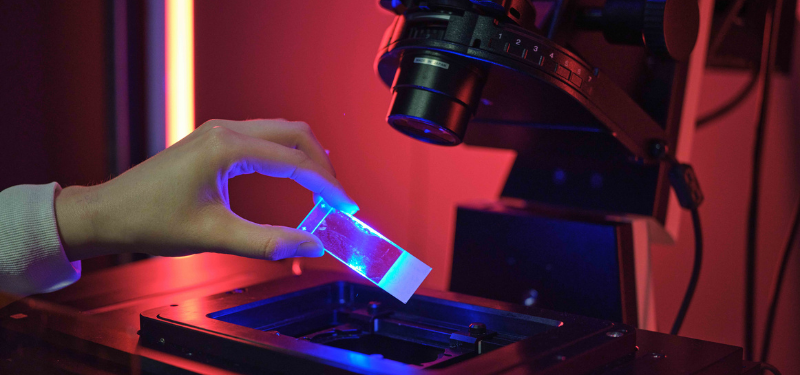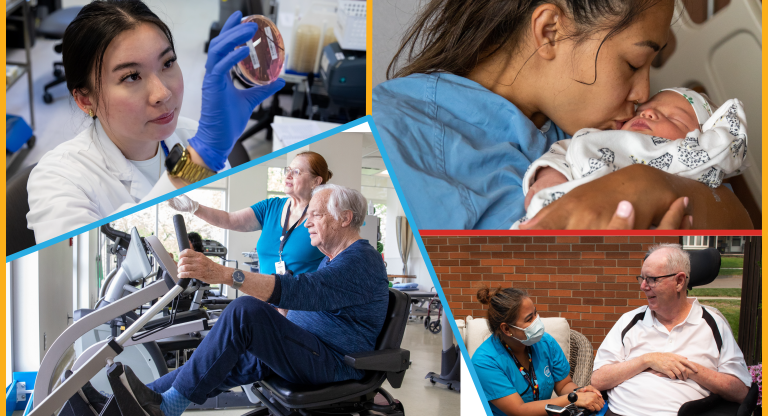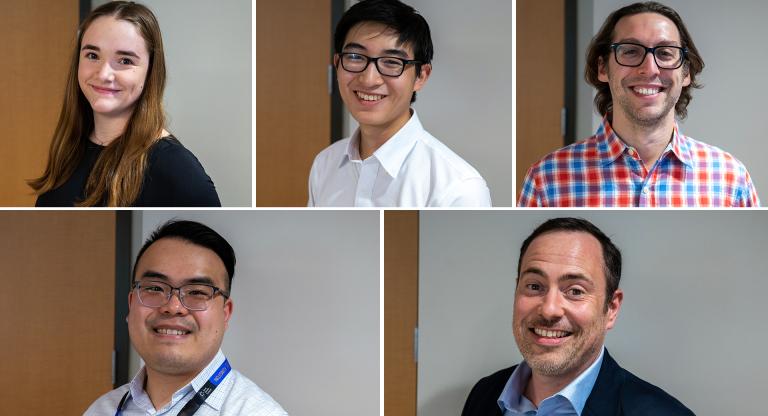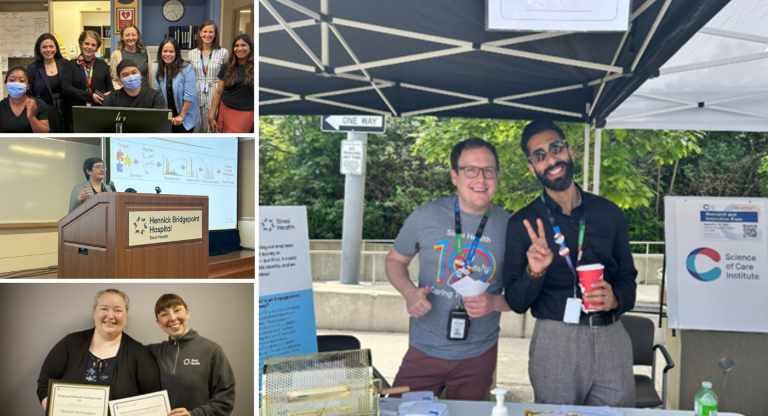New study looks at how colorectal cancer cells ‘evade’ chemotherapy

A new study by a team of Toronto researchers looks at a mechanism that allows cancer cells to survive chemotherapy by entering a reversible state of suspended animation, giving additional insight to why some cancer therapies fail.
The study, published this month in the journal Cell, looks at how colorectal cancer cells enter a drug tolerant “persister” (DTP), or dormant, state in order to evade death from chemotherapy.
“As cells go into a state of suspended animation, their metabolism significantly slows down and cells become dependent on a process called autophagy, in which they literally ‘self-eat,’ which buys them time to survive,” said Dr. Miguel Ramalho-Santos, study author and senior investigator at the Lunenfeld-Tanenbaum Research Institute (LTRI) at Sinai Health.
LTRI researchers also found similarities between the DTP state and a state known as diapause, which is the natural ability that embryos have to temporarily pause development in the very early stages of pregnancy when there’s unfavourable environmental conditions.
“In other words, cancer cells are able to evade chemotherapy by borrowing an embryonic survival strategy and entering a stable and reversible state of suspended animation,” said Dr. Evelyne Collignon, one of the study lead authors and postdoctoral researcher in the Ramalho-Santos lab. “This evolutionary self-preservation pathway allows cells in diapause to recycle some their own cellular components as an energy source.”
While much of the research in the field is currently focused on identifying new mutations that may explain why cancers relapse, this latest study looks instead at non-genetic mechanisms of therapeutic resistance in cancer.
By focusing on how cells survive during this “self-eating” phase, Collignon said it opens the door for scientists to explore new therapies that inhibit the autophagy pathway, possibly eliminating cancers cells that would otherwise escape killing by drugs.
“This is crucial, as therapy failure and relapse remain major issues for the treatment of many cancers, including colorectal,” she said.
While more research is needed on how generalized this mechanism of DTP induction is in response to various anti-cancer drugs, it opens new avenues in terms of therapeutic strategies, particularly when the risk of relapse is high.
The study was the product of a collaborative effort from several labs within the Toronto scientific community, led by Dr. Catherine O’Brien of Princess Margaret Cancer Centre, along with teams from LTRI, the Donnelly Centre and the University of Toronto.












